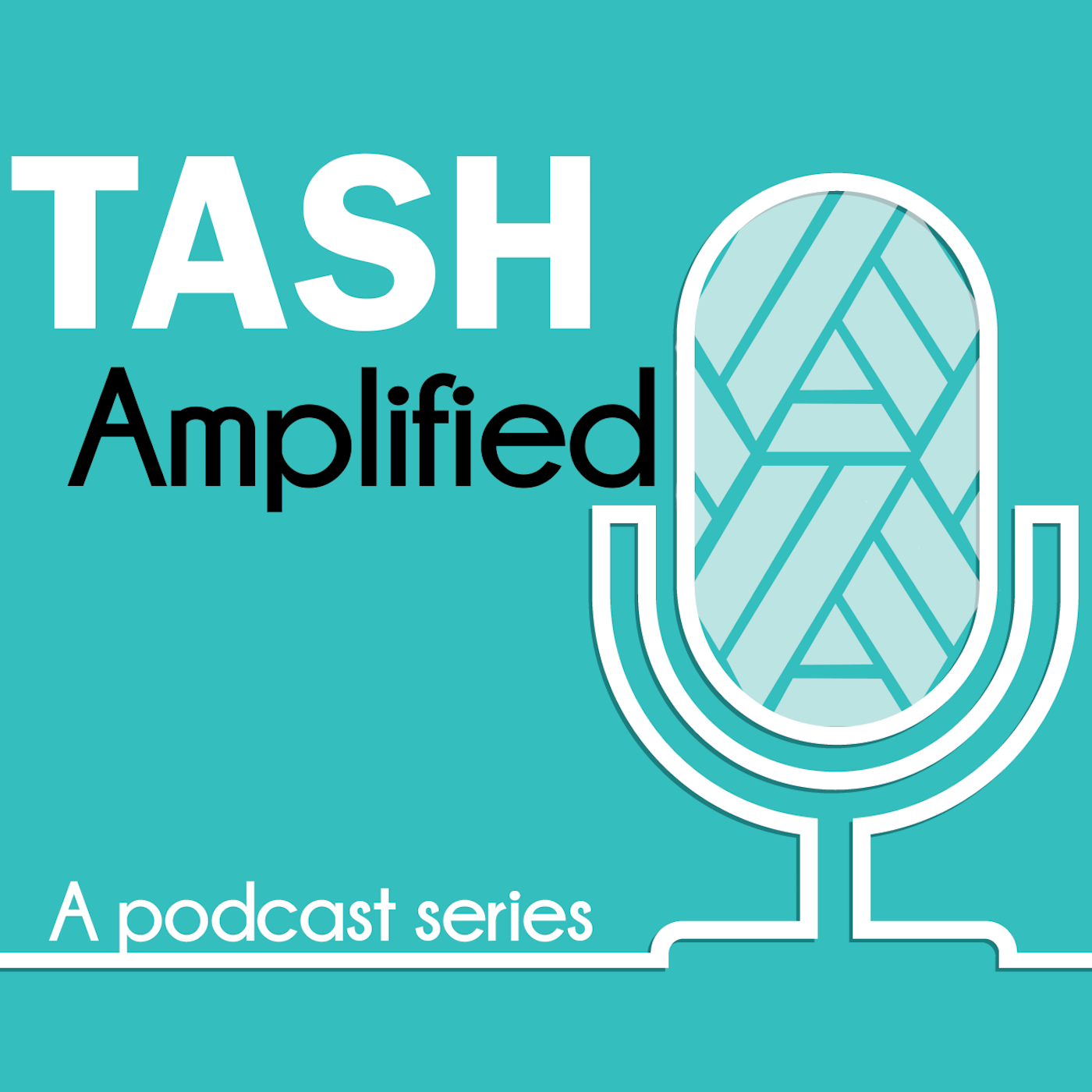Research and Practice for Persons with Severe Disabilities, 50 Year Retrospective Series Introduction
Update: 2025-08-28
Description
Season 5, Episode 1 — 28 August 2025 About this episode Today we begin a five-part series of episodes recognizing the 50th anniversary of Research and Practice for Persons with Severe Disabilities (or RPSD). In this first episode of our podcast series Dr. Craig Kennedy, the editor of RPSD, introduces the series, explaining this year-long […]
Comments
In Channel






